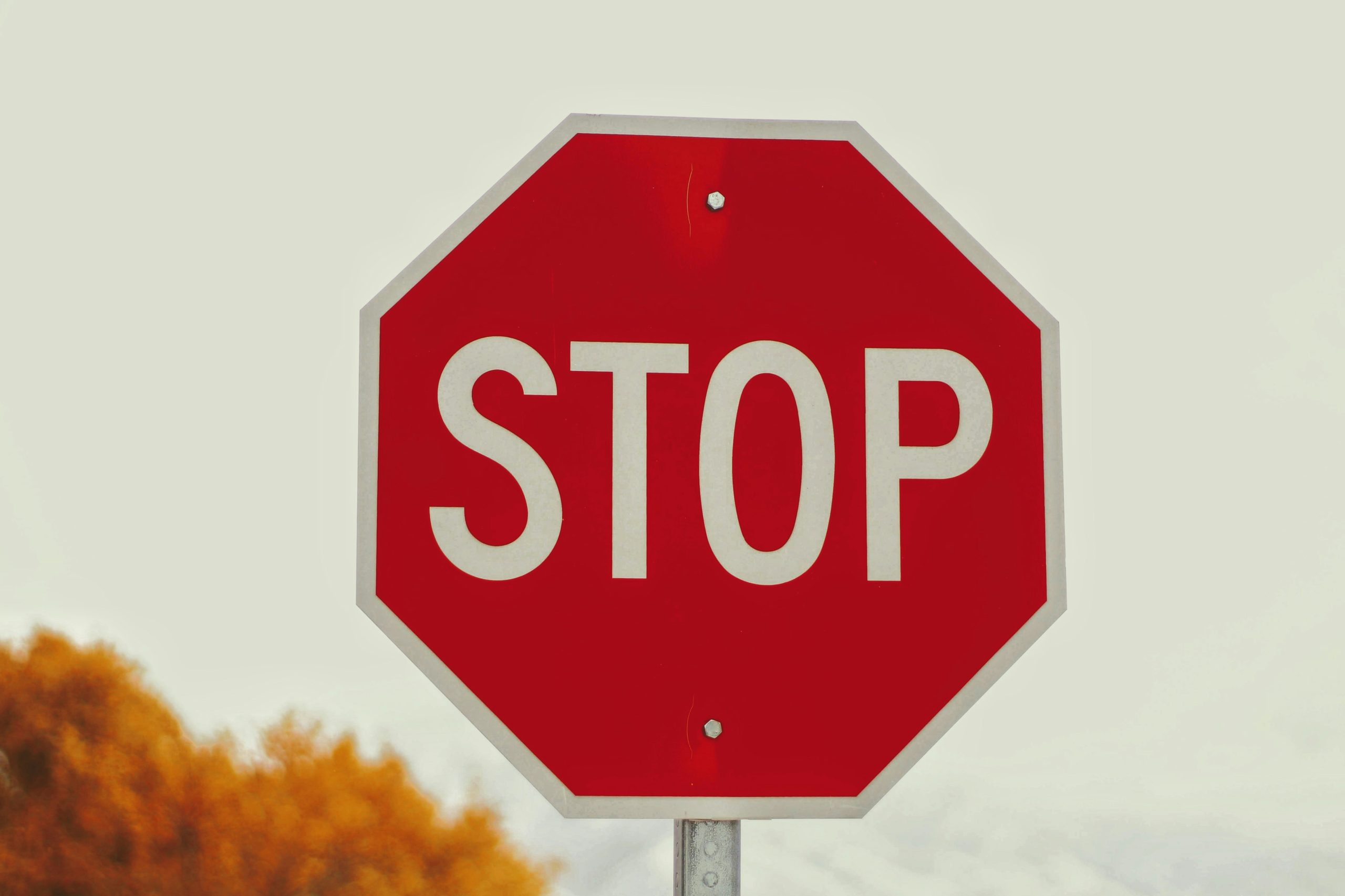Book Now
Menu
Thanksgiving can feel like a time of warmth and togetherness, yet it also brings up complicated feelings for many—especially for those connected to Indigenous communities. As a Métis individual, I understand this emotional duality. On one hand, there’s the joy of gathering with loved ones and sharing gratitude. On the other, there’s the painful reminder of colonization and the erasure of Indigenous culture. It’s natural to feel conflicted, and this article explores how to navigate these emotions while honoring the history behind Thanksgiving.
The traditional Thanksgiving narrative often tells a story of unity between settlers and Indigenous peoples. However, this version overlooks the truth of colonization—land theft, cultural erasure, and the impact of residential schools on Indigenous communities. These historical injustices still resonate today, contributing to ongoing disparities and trauma. Acknowledging this history is essential in understanding why Thanksgiving feels heavy for many, and it’s a first step toward honoring both the truth and your own experience.
It’s normal to feel conflicted about Thanksgiving, especially when you hold both the warmth of family traditions and the reality of its impact on Indigenous communities. For those with Indigenous heritage or connections, the weight of historical trauma may feel deeply personal. For allies, there’s often a pull between wanting to celebrate and feeling discomfort with the holiday’s legacy. Embracing this discomfort shows growth and empathy, signaling an awareness of the complexities involved.
Sitting with these emotions involves mindfulness and self-compassion. It’s natural to want to avoid discomfort, but practicing acceptance can help. Acknowledging that your feelings are valid—whether they manifest as guilt, sadness, or frustration—allows for deeper exploration. Mindfulness techniques, such as observing your emotions without judgment, can keep you grounded.
Reflecting on your values is another key step. What does this holiday mean to you? Is it about gratitude, connection, or something else? How can you honor these values while respecting the truth of Indigenous communities? This might involve creating new traditions, such as incorporating land acknowledgments, engaging in education, or supporting Indigenous-led initiatives.
Thanksgiving doesn’t have to be all or nothing. You can reframe the holiday in a way that feels authentic to you. This might include opting for quiet reflection, organizing a day of service, or choosing to support Indigenous communities by buying from Indigenous-owned businesses. Setting boundaries with family members who may not share your perspective is also essential for your well-being. You have the right to honor this holiday in a way that aligns with your values, even if it looks different from traditional celebrations.
Thanksgiving is just one day, but understanding its history and impact is a continuous process. Ongoing education, support for Indigenous-led initiatives, and advocacy for policy changes can extend the work beyond this holiday. Reflecting on your journey and amplifying Indigenous voices are ways to ensure your efforts are meaningful and not performative. This process may bring discomfort, but it is a sign of growth and progress.
By integrating truth and reconciliation into your approach, you transform Thanksgiving from a conflicted experience into a catalyst for change. It’s about progress, not perfection—taking steps, educating yourself, and supporting Indigenous communities in a way that honors both history and the potential for a more inclusive future.
4o



